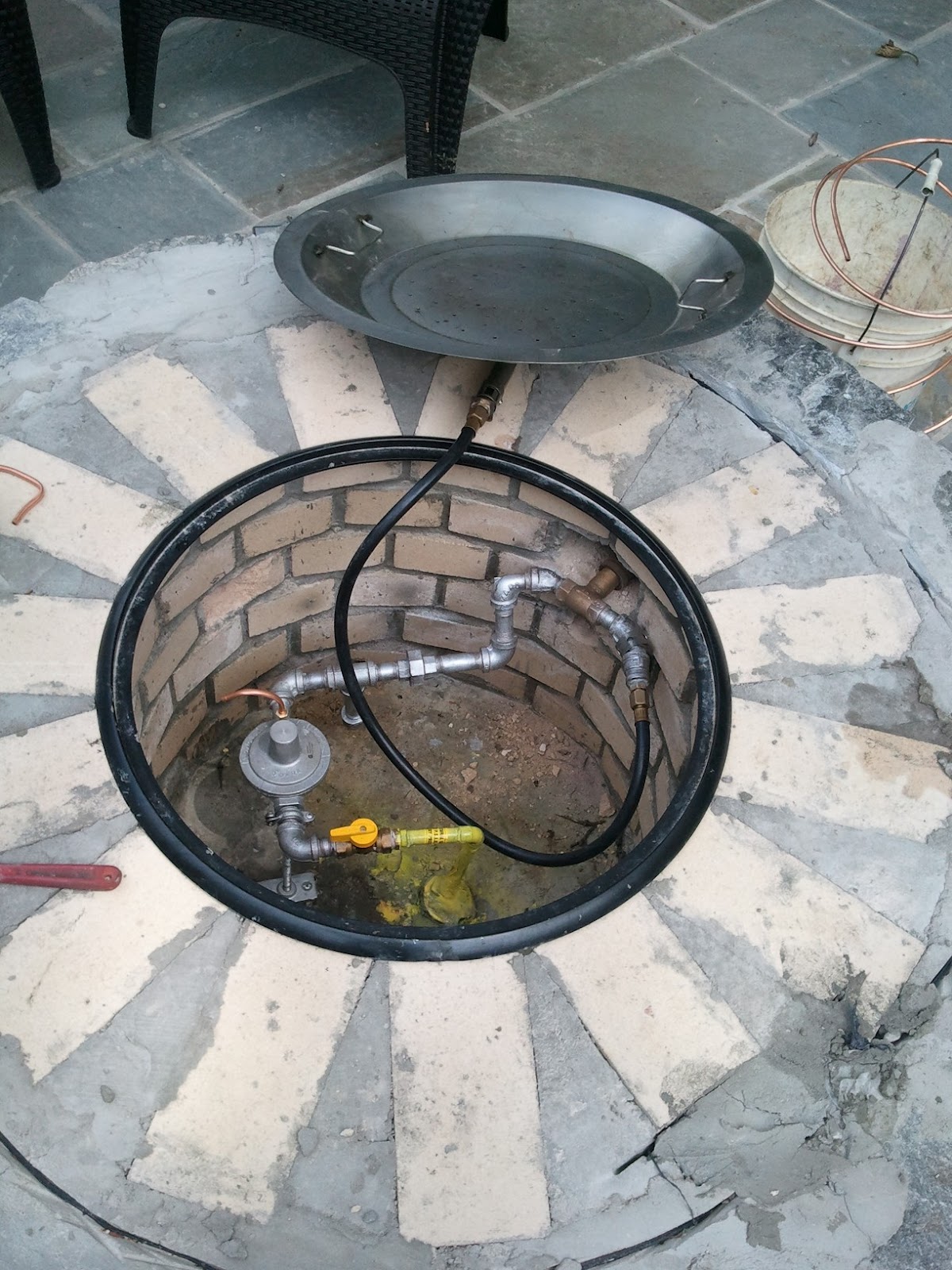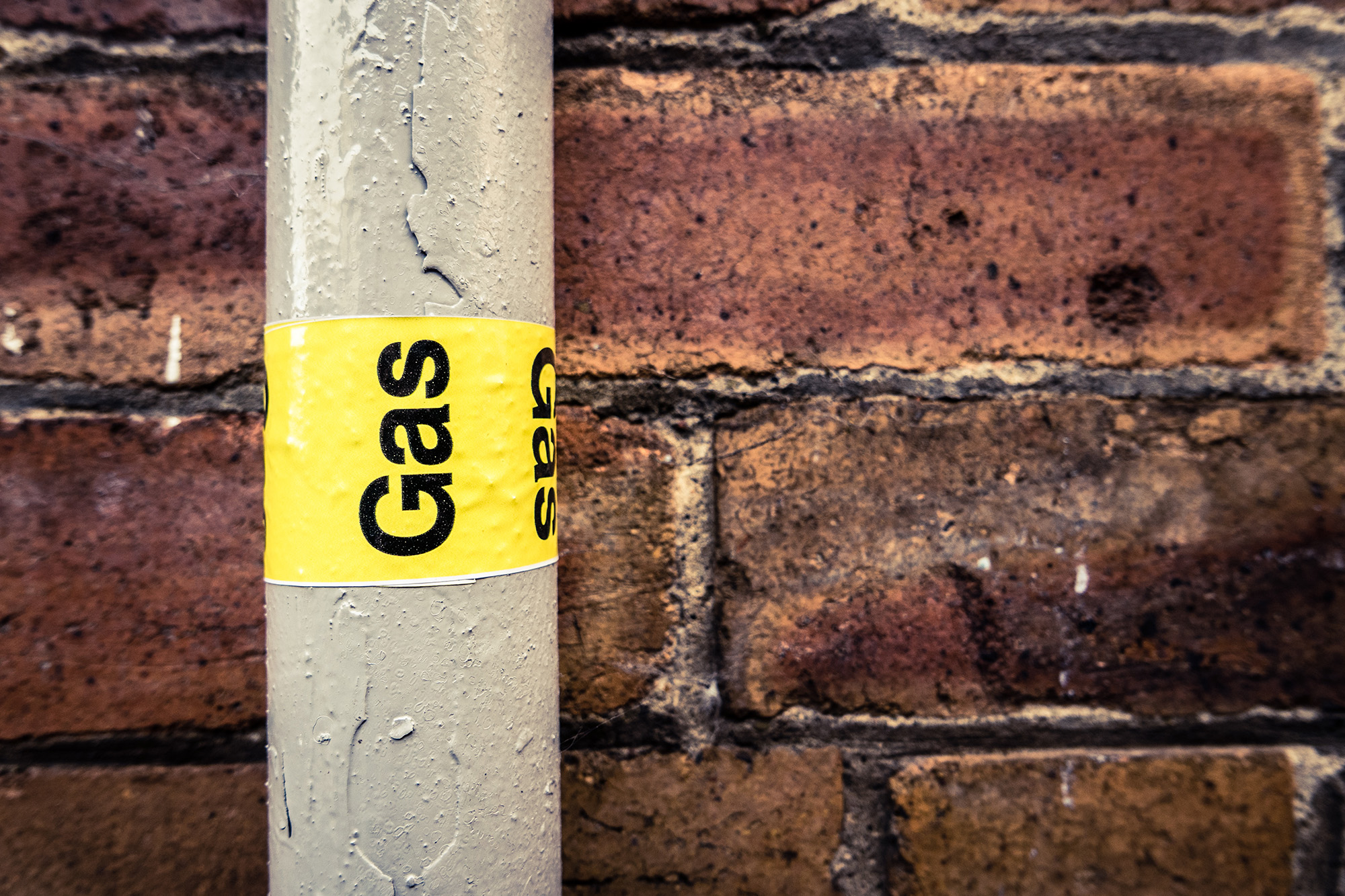Table of Content
You should replace the hose if it shows any signs of damage or degradation. The male connector of the gas regulator, which screws into thePOL gas valveon your gas bottle, may have a rubber O-ring seal or it may rely on a metal to metal contact seal. ♦ When done, rinse with clean water to remove the soap solution. Also, if safe to do so, leave windows and doors open and then evacuate the building.
It's especially important to contact a plumber to fix any gas leaks caused by an earthquake or some other natural disaster. Gas line leaks often occur because of high pressure inside the pipe. Repairing the leak requires you to remove the gas line from the gas regulator. After you turn off the gas, remove the gas line covers to expose the gas pipes.
How to Prevent a Gas Stove Leak
The small portable types are activated with the push of a button and will sound when a leak has been detected. Any gas leak is potentially dangerous and should be handled by a professional. If you think you have a problem, evacuate your home and alert authorities. You should turn off the pilot light or gas meter, open windows, and avoid using electronics nearby.

Brush the water around the whole connection point so it’s saturated. Maybe your problem has nothing to do with the temperature of your water. Instead, when you run a shower or bath, your water comes with a foul odor, maybe smelling like rotten eggs. If you have an electric water heater and your thermostat is set properly, you might again have to call a professional to turn your water from lukewarm to pleasantly hot. The most common problem you'll encounter with a water heater? If you're fortunate, you can solve this problem on your own.
What To Do if You Suspect a Gas Leak
There are plenty of options out there, and you can read about our recommendations for the best gas leak detectors. If you smell sulphur or rotten eggs in your home, there’s a chance you have a gas leak. That’s because most natural gas companies put an additive called mercaptan into natural gas, in order to make it smell that way. To detect a gas leak in your home, sniff for a rotten egg or sulphur smell near your gas appliances. If you detect the smell of a leak, turn off gas supply to your home, don’t use electricals, open your home windows, if safe to do so, and call a gasfitter. It's a good idea for homes or workplaces using gases to have alarms, such as carbon monoxide sensors, but a handheld device is also necessary.

If it's instead burning yellow, there isn't enough air coming to the flame. Advanced electronic gas leak detectors aren’t cheap, and this could be why most homeowners will choose to use their nose or soap and water for this task. Technically speaking, a carbon monoxide detector is not designed to detect the presence of gas. Instead, these devices alert for elevated levels of carbon monoxide in the air that could be the result of toxic gases or air quality issues. Early warning of a gas leak can be vital to avoid serious consequences, so the best approach is always a proactive one. The surest way to find a gas leak is to use a natural gas leak detector.
Try the soapy water test.
While it might be a relatively minor issue that’s easily resolved, it’s best to proceed cautiously. Mix a teaspoon of soap in water, and spray or put the solution on the area that you suspect is leaking. If bubbles start to show up, it’s an indication that you have a leak. For another use of your ears, you can purchase electronic combustible gas detectors online or in your local hardware store.
As discussed, malfunctioning units may generate carbon monoxide, due to incomplete combustion. A blue flame is one indication of proper function and complete combustion. So, call a gas fitter for a service call as soon as possible.
Remove Flammable Material
Improperly installed or poorly maintained gas lines can lead to gas leaks, which can create major problems for your health and your home. Not all CO detectors are designed to detect natural gas leaks. It’s recommended that you get a model that’s equipped to detect both types of gases. Always keep the area around your gas-burning equipment and gas equipment unobstructed. This will help in easily detecting and preventing natural gas leaks in this designated area. Ventilation also plays a helpful role in protecting the health of health-conscious people with fresh air.
You can find Kaz in HuffPost, SheKnows, Lifehack, and much more. Her degree in education and her background as a teacher and a parent make her uniquely suited to offer practical advice on creating safe environments for your family. Once this is done, tighten the high pressure line’s fittings. This is your first step, and most important when working with gas.
Again, make sure detectors are kept in good working order at all times. This way, you can ensure your problem is being taken care of, and you can rest easy at night knowing there aren't any harmful gases seeping into your home. Natural gas companies usually put an additive called mercaptan into natural gas to give it a distinct smell. The odor often smells like sulfur or rotten eggs that can easily be detected in your home. If you smell this particular odor, it may be best to investigate the source of the leak or to contact a plumber.

Its low alarm level is 20±5% and 50±10%, with the high alarm level being greater than 50±10%. The response time to a leak is only a few second and the 65 decibel alarm is easily heard, even in a loud work setting. This device uses just two AA batteries and will work in temperatures from -4 to 131 degrees F. Below we share what a pipe leak detector is, when to use it, and four easy steps to apply it. This improves ventilation, allowing the gas within your home to dissipate.
No comments:
Post a Comment